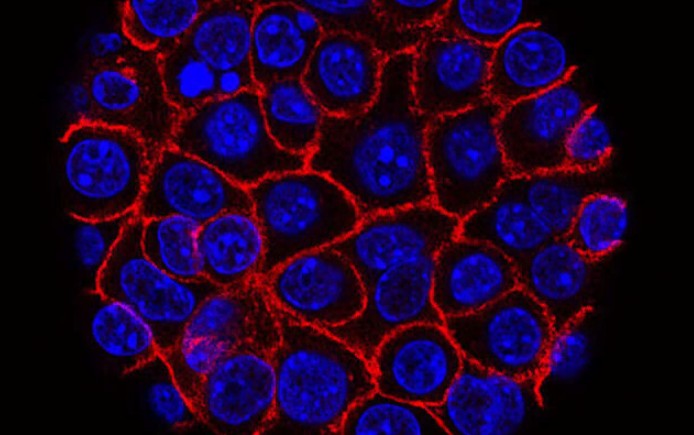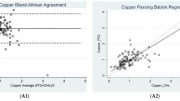Kathy DelGiorno’s lab, an assistant professor of cell and developmental biology, is looking into how the pancreas responds to damage and disease.
In a recent project led by graduate student Leah Caplan, also from the Department of Cell and Developmental Biology, the lab looked into how enteroendocrine cells form.
Enteroendocrine cells are a group of gastrointestinal and pancreatic cell types that release hormones in response to chemical or mechanical stimuli.
The researchers used histopathology investigations, genetically altered animal models, and human data to quantify the subtypes of EECs during the development of pancreatic tumors in a recent publication published in Frontiers in Physiology.
This study looked at how different this group of cells is and tried to figure out how the number of each EEC subtype affects the development of disease.
They found that many hormone-producing cells arise early in pancreatic carcinogenesis but that some of these cell types are lost as the tumor grows.
The findings suggest that the hormones produced by the EEC subtypes that are lost either help to slow disease progression or that the hormones produced by the subtypes that remain speed it up, or both. This research discovered a previously unknown group of cells in the pancreas, which could help doctors figure out how far the disease has gone.
Pancreatic ductal adenocarcinoma is a particularly lethal form of pancreatic cancer, with only an 11% five-year survival rate. The low survival rate is attributed to late detection; by the time the disease is discovered, it has spread to other parts of the body.
The importance of research into the early stages of pancreatic carcinogenesis cannot be overstated. EEC development has been recognized as an early stage in this process by the DelGiorno lab. In their most recent article, they built on previous research by looking at the rate of EEC growth during carcinogenesis.
Using genetically changed animal models, the DelGiorno lab will continue to study how the lack of EECs and some of the hormones they make affects pancreatic inflammation and cancer.
The discovery of hormones generated at various stages of disease could lead to new ways of diagnosing pancreatic cancer in its early stages. Caplan and his team of researchers also want to find out how the pancreas stops cancer from starting. This information could then be used to help patients get better care.





